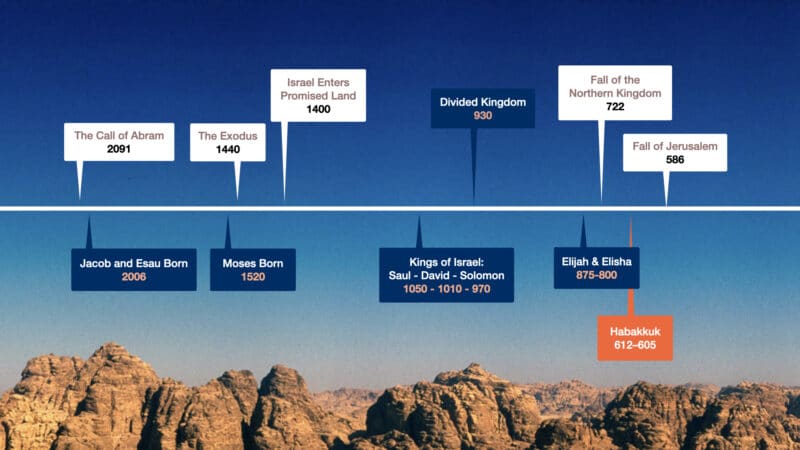July 21, 2024
Habakkuk 1
Wondering and Wrestling
Habakkuk was an Old Testament prophet who lived in the southern kingdom of Judah during an era marked by political instability, intense wickedness, and extreme violence. From within that difficult context, Habakkuk had some honest questions about God’s apparent silence and inactivity. How did Habakkuk frame his questions, and how did God respond to his questions? What can we learn from Habakkuk about the attentiveness of God and how we ought to approach Him?
Join Pastor Jim as he shows us that even in our times of greatest darkness and difficulty, God is neither inactive, incapable, nor indifferent. God knows and cares about us, even in our times of wondering and wrestling.


